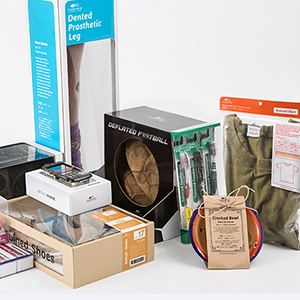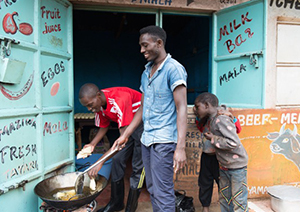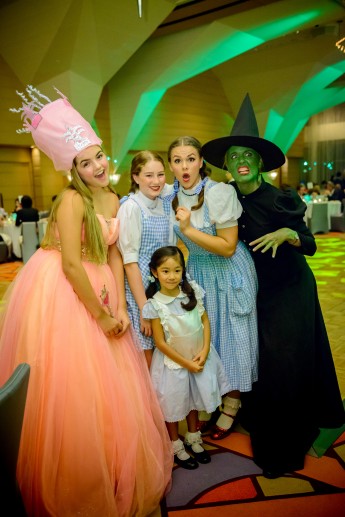In April, Refugees International Japan (RIJ) launched The Refugee Collection at White Space Gallery in Omotesando. The first of its kind, this collection showcases everyday items donated by refugees to communicate the struggles that they face. Objects such as shoes, garments, toothbrushes and cooking utensils are displayed in eye-catching packaging.
Each seemingly innocent item tells its own poignant story about its provenance. For example, a radio on display was used by Aung Hein Win to track how close the soldiers were to him as he fled his home; a tattered bag belonged to Kiri, a refugee from Burma; and a pair of wrecked sandals were worn by Anna as she made her way from Somalia to Kenya.
Speaking of the project, Jane Best, chief executive of RIJ, said: “This unique collection, which we launched in mid-April, was a great success. It surpassed our expectations in terms of the publicity gained in both print and online media, the number of visitors to the gallery and, most importantly, the significant level of donations it generated over the weekend.
“It demonstrated that whilst there is a lack of understanding in Japan about what a refugee is, this is coupled with a desire to learn more. It was heartening to see so many respond to the collection in a positive way, with many asking how they can help”.
The collection has brought requests for follow-up activities. RIJ was invited to introduce the collection at two events to mark World Refugee Day on 20 June.
At one, a symposium hosted by the United Nations High Commissioner for Refugees at the United Nations University, the items were displayed, attracting much interest from guests. At the other, a music event at Shimokitazawa in Setagaya Ward organised in aid of RIJ and the Japan Association for Refugees, photos and posters of the collection were showcased and Best made a speech, reaching a small but passionate young audience.
These objects are also proving valuable as a presentation topic for firms, acting as an icebreaker for attendees to discuss the challenges facing refugees. The public can learn how important ordinary everyday things—which we all take for granted—can be.
“The items on display arouse a variety of reactions and help us understand the misconceptions about refugees”, said Best. “The important thing for RIJ now is to continue building on this success and seek further opportunities for the collection—and its stories—so we can reach a wider and ever more receptive audience.
“The success of the collection to date has been down to many factors, not least of all the dedication of our team of volunteers at both RIJ and Ogilvy & Mather advertising agency, who devised the campaign on our behalf”, she added.
In June 2016, the campaign was placed on the shortlist in the Media category at the prestigious Cannes Lions International Festival of Creativity. It was also a finalist at ACT Responsible Awards of , which aims to inspire, promote and federate communication on social and environmental responsibility.
Clearly, when there are obvious benefits to all vested parties, social responsibility and charitable work of this kind are better able to reach their full potential.
To find out more, or if you are interested in providing an opportunity to display the collection, please contact Jane Best at jane@refugeesinternationaljapan.org.






